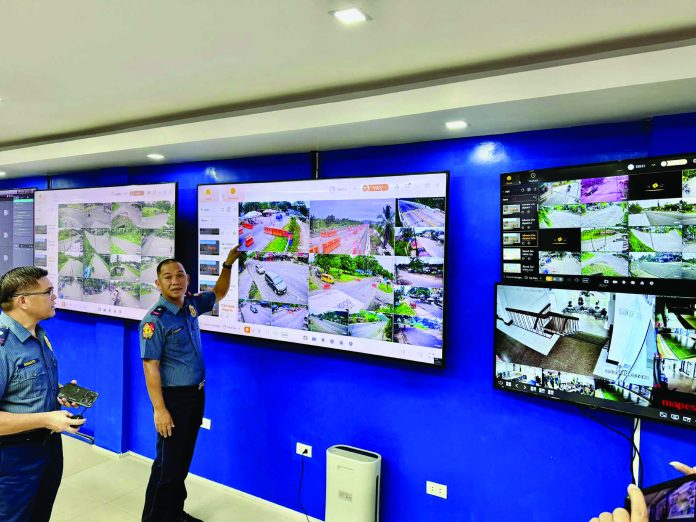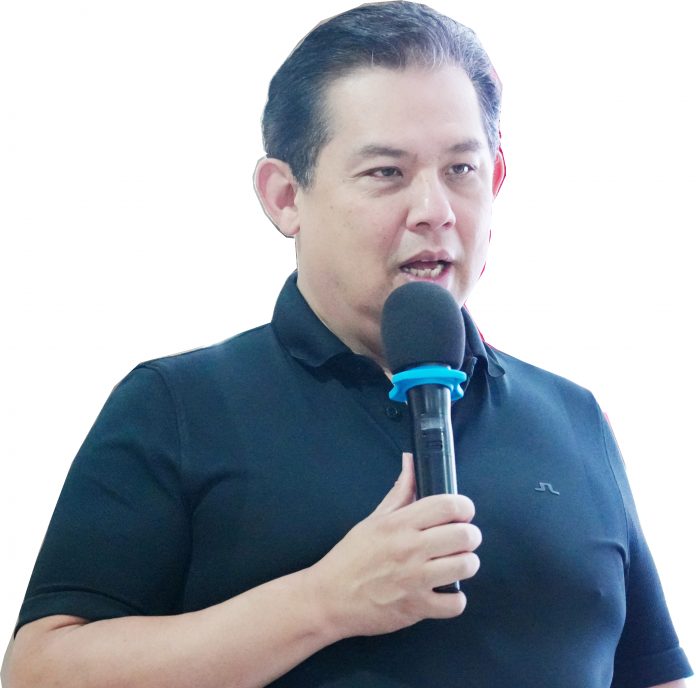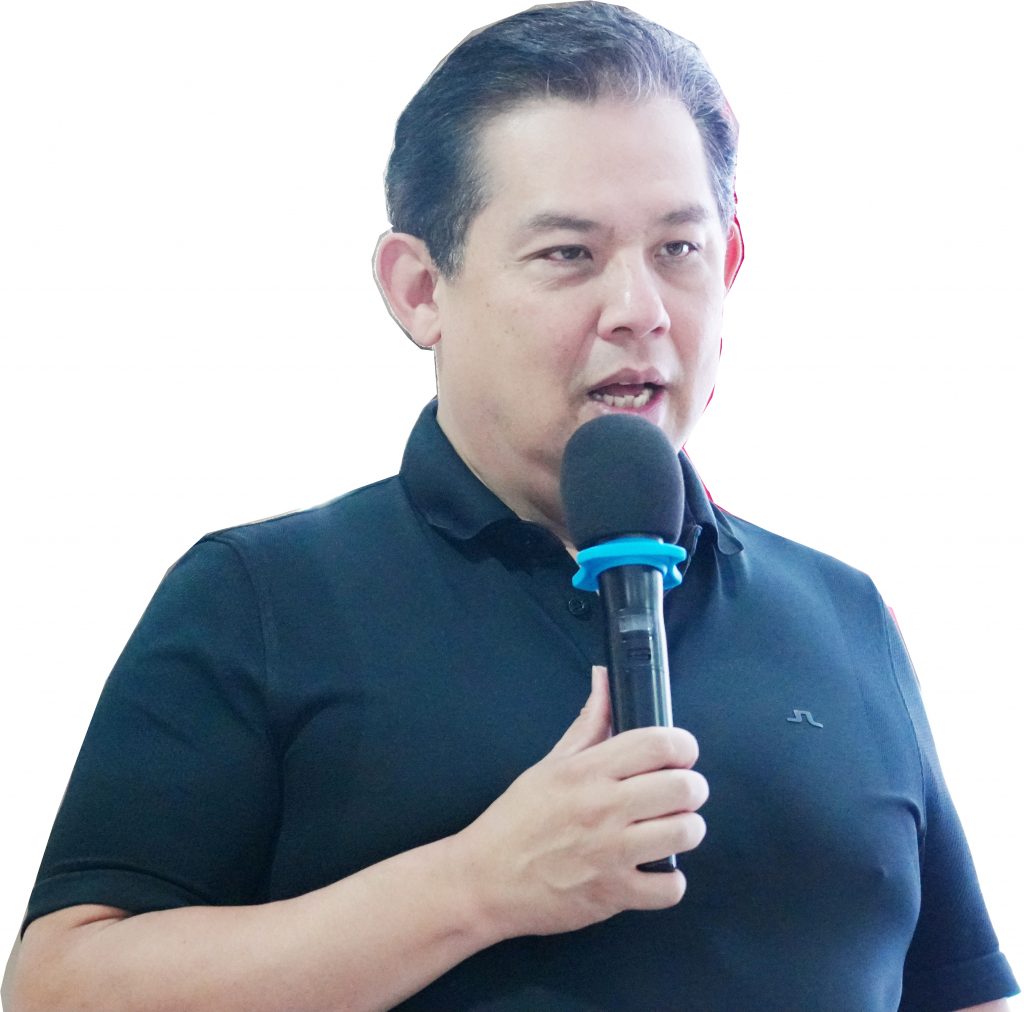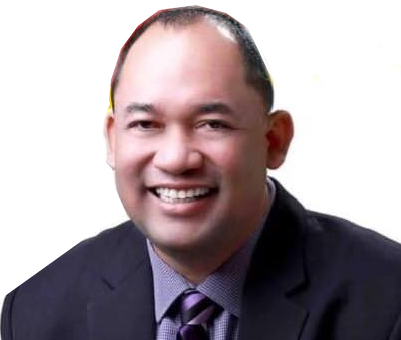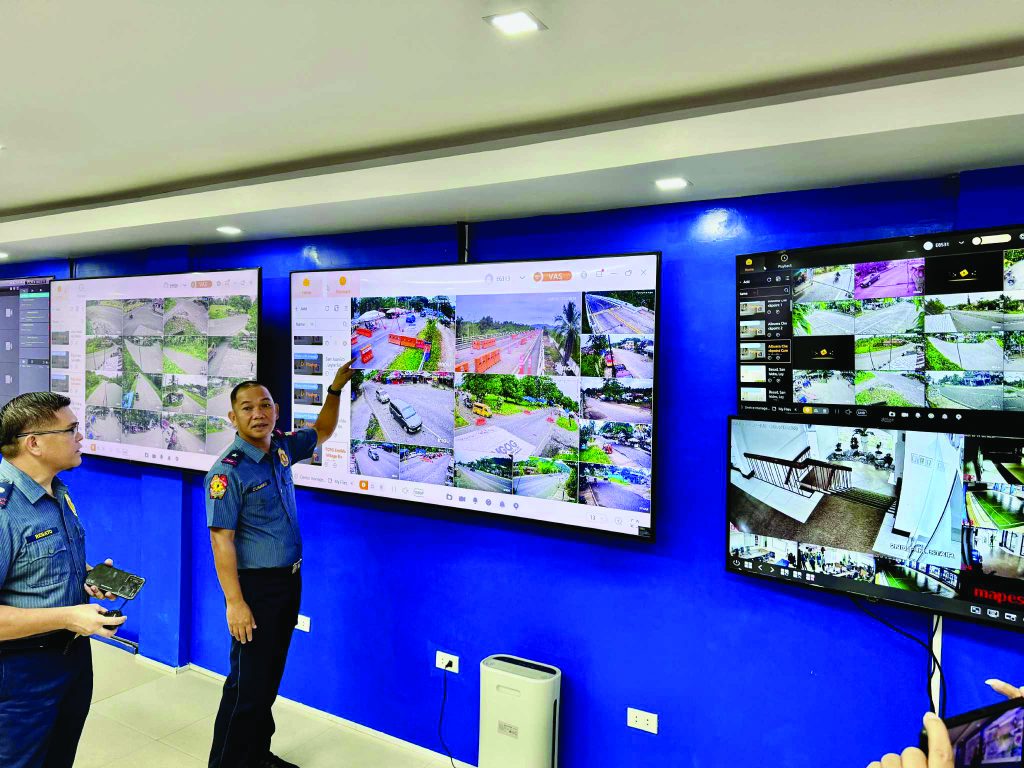
PALO, Leyte– The Police Regional Office 8 (PRO 8) has unveiled its state-of-the-art Command Center as part of its efforts to modernize law enforcement and ensure faster emergency response across Eastern Visayas.
In a media demonstration held at Camp Ruperto Kangleon, this town, PRO 8 highlighted the capabilities of its Central Operations Area, which features a massive LED wall displaying real-time feeds from body-worn cameras, CCTV systems, drones, and GPS-enabled patrol vehicles. The initiative is in line with the Philippine National Police’s (PNP) push for digital transformation under the leadership of PNP Chief PGen. Nicolas Torre III.
To test the system’s efficiency, PRO 8 conducted a simulation exercise (SIMEX) involving a mock vehicular incident.
Led by PMaj. Janel Regato, acting chief of the Regional Tactical Operations Center (RTOC), the drill showed that police responders were dispatched and arrived on-site within 1 minute and 14 seconds—well within the 5-minute response time directive from PNP leadership.
“This is the kind of policing we owe to the people of Eastern Visayas,” said PRO 8 Regional Director PB/Gen. Jay Cumigad. “We will continue to improve our services by harnessing technology and intensifying personnel training to meet the 5-minute response goal.”
Cumigad noted that while some units still lack body-worn cameras, the region maintains full monitoring coverage through enhanced radio communication systems. He also revealed plans to expand CCTV coverage along major highways and acquire additional portable operations center (POC) radios, especially in Highly Urbanized Cities (HUCs).
The Command Center’s launch underscores the regional police force’s growing focus on real-time coordination and data-driven decision-making to ensure public safety. Citizens can now call 911 for faster assistance, backed by the improved coordination systems.
The PRO 8’s proactive approach reflects a broader national agenda to transform the PNP into a modern, responsive, and technology-driven organization.
(LIZBETH ANN A. ABELLA)

